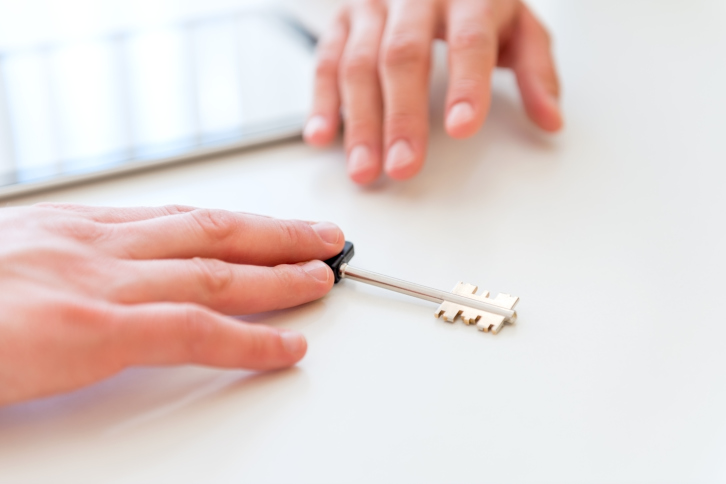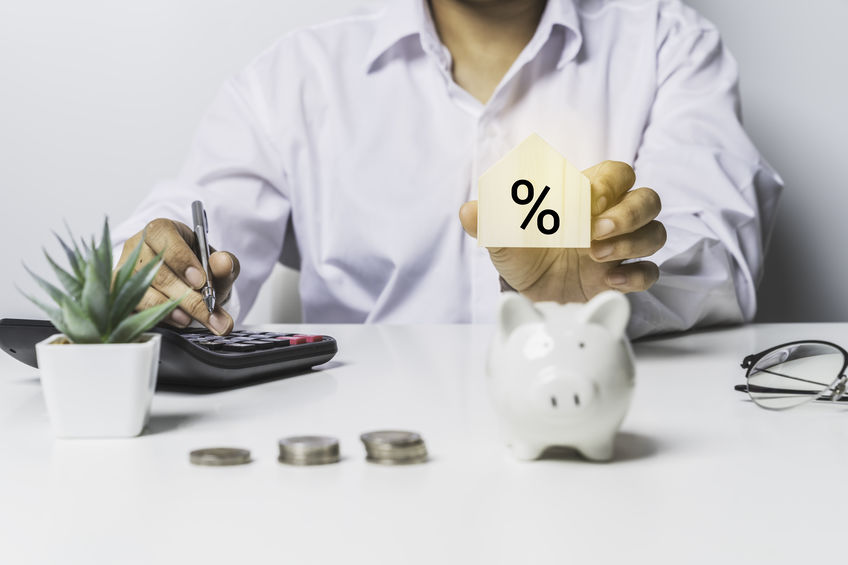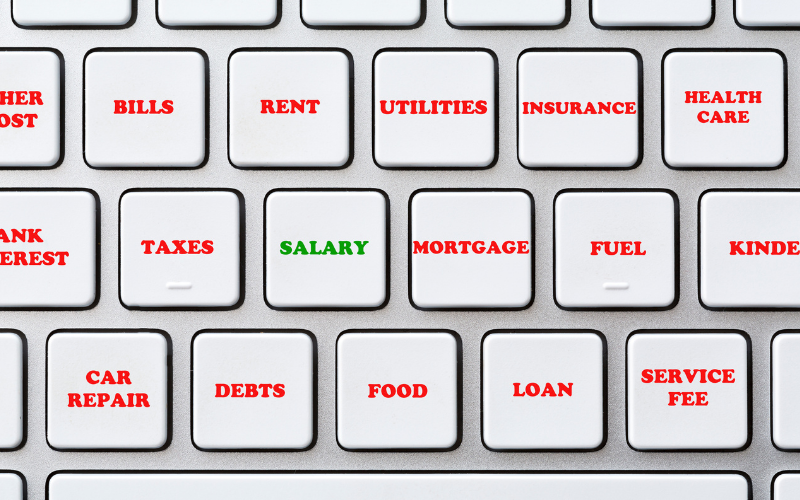3 Reasons Why Your Closing Costs Will Vary Depending on the Type of Home You Buy
 Savvy home buyers who are preparing to make a real estate purchase should do their research and understand that they need to save money for not only the down payment, but the closing costs as well. The closing costs can account for as much as three to five percent of the sales price in some cases, so this can be a rather sizable amount of money. Some home buyers however, may not realize that the amount of closing costs can vary considerably based on the home that is purchased. With a closer look at why this is, home buyers can make a more educated decision when selecting a home to purchase.
Savvy home buyers who are preparing to make a real estate purchase should do their research and understand that they need to save money for not only the down payment, but the closing costs as well. The closing costs can account for as much as three to five percent of the sales price in some cases, so this can be a rather sizable amount of money. Some home buyers however, may not realize that the amount of closing costs can vary considerably based on the home that is purchased. With a closer look at why this is, home buyers can make a more educated decision when selecting a home to purchase.
Prepaid Taxes And Insurance
One of the most significant closing costs relates to prepaid taxes and insurance, and both of these expenses are directly tied to the location and value of the property. Consider that the property tax rate can vary based on the city, county, and state. Real estate insurance can also vary based on the type of construction of the home, if the home is located in a flood plain, and other factors. These are only a few examples of how the location and property type can impact these fees, and home buyers should consider the costs assoicated with the tax rates and insurance when selecting a property to purchase.
Third Party Reports
There are several third party reports that are commonly paid for at closing, and these include an appraisal, a survey, a pest inspection and a property inspection. The third party reports may vary in cost based on the size of the home, the amount of land that is being purchased, and even the condition of the property. Those who want to keep their closing costs lower may consider learning more about how these fees are calculated up-front before finalizing their plans to buy a specific home.
Title Insurance Fees
Title insurance fees are another typically sizable expense for home buyers, and this insurance offers protection to the lender if the title is not clean. Title insurance can increase based on the size of the property as well as different factors that are revealed with a title search. This information can be difficult to learn with an initial home search, but home buyers should be aware that title defects can increase closing costs.
The location, size, age and construction of a property all impact the closing costs. Those who are shopping for real estate may be inclined to make a decision that keeps closing costs down, and they can reach out to their knowledgeable mortgage professional for more assistance with their particular situation.

 Whether or not you’re new to real estate, there’s little doubt that you’ve heard the term down payment as it relates to purchasing a home. There’s a lot of different information out there in regards to how much this figure should be and it can be hard to determine exactly what the importance of this payment is. If you’re trying to determine the ideal amount to put down, here are some things to consider.
Whether or not you’re new to real estate, there’s little doubt that you’ve heard the term down payment as it relates to purchasing a home. There’s a lot of different information out there in regards to how much this figure should be and it can be hard to determine exactly what the importance of this payment is. If you’re trying to determine the ideal amount to put down, here are some things to consider. Even though a lot of people have two incomes they can use to purchase a house (theirs and their partner’s), this is not necessarily required. There are lots of people who want to take advantage of current interest rates to purchase a house, and some people are trying to do it on their own. Even though it can be a challenge to buy a house with only one income, it is certainly not impossible. There are several tips that can make it easier for everyone to afford a house with just a single income.
Even though a lot of people have two incomes they can use to purchase a house (theirs and their partner’s), this is not necessarily required. There are lots of people who want to take advantage of current interest rates to purchase a house, and some people are trying to do it on their own. Even though it can be a challenge to buy a house with only one income, it is certainly not impossible. There are several tips that can make it easier for everyone to afford a house with just a single income.  Many people romanticize the idea of paying off their home mortgage early so they can enjoy their home in retirement, but when it comes to the later years of life, a big house can actually be too much to handle. If you’ve started to consider a smaller home and are wondering why it might be a good decision for you and yours, here are a few things you may want to consider.
Many people romanticize the idea of paying off their home mortgage early so they can enjoy their home in retirement, but when it comes to the later years of life, a big house can actually be too much to handle. If you’ve started to consider a smaller home and are wondering why it might be a good decision for you and yours, here are a few things you may want to consider. When delving into the world of real estate and investment property, there are many terms that will come up that require further explanation. Whether you’ve never heard the phrase ‘home equity’ before or you have a little familiarity, here are the ins and out of what it means and how this asset can help your financial outlook.
When delving into the world of real estate and investment property, there are many terms that will come up that require further explanation. Whether you’ve never heard the phrase ‘home equity’ before or you have a little familiarity, here are the ins and out of what it means and how this asset can help your financial outlook.